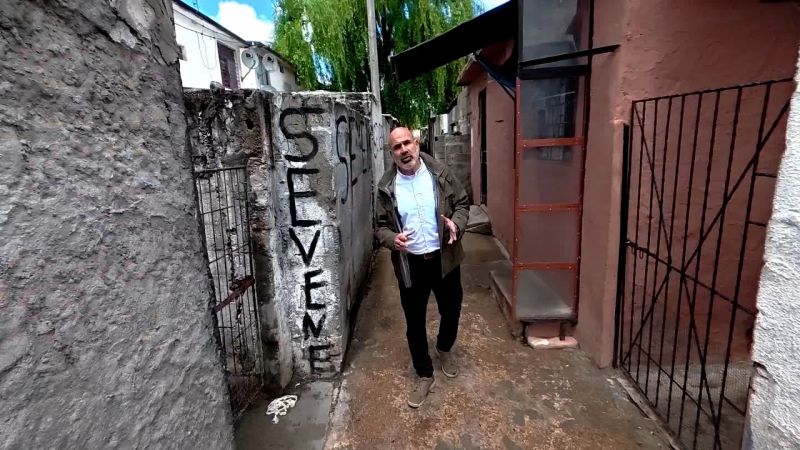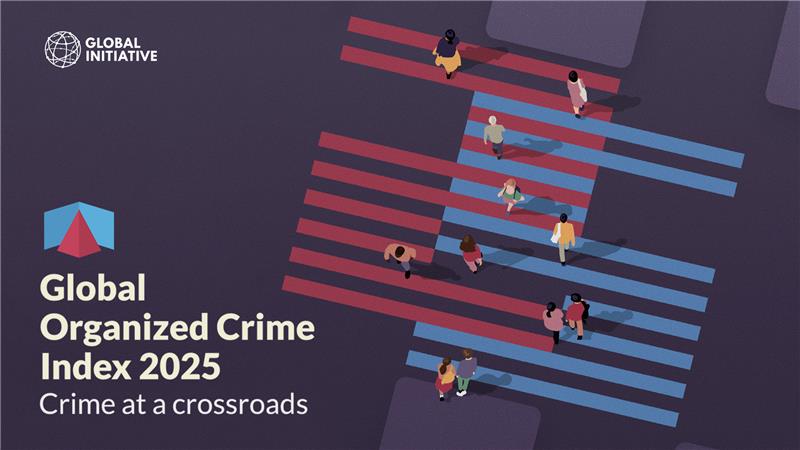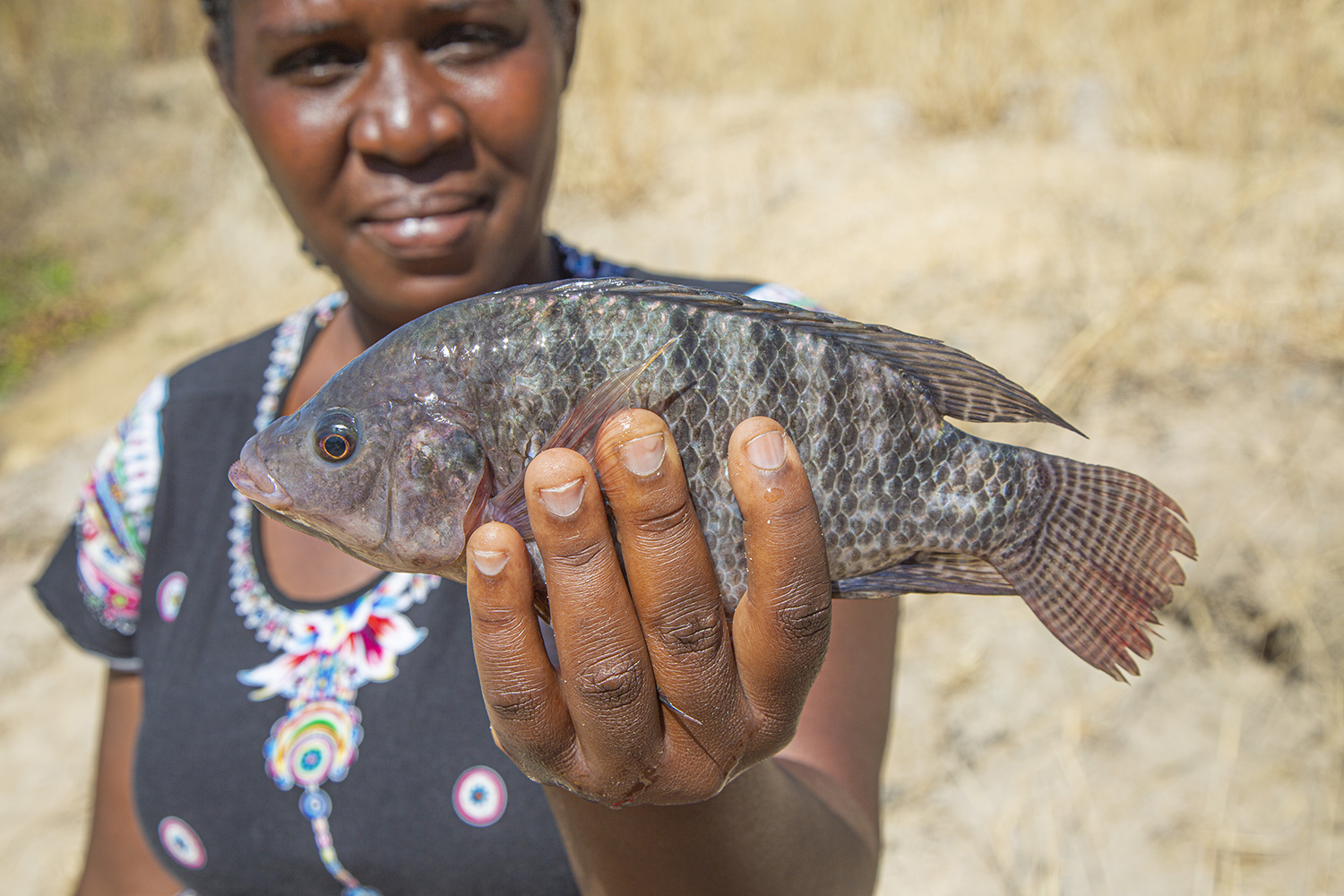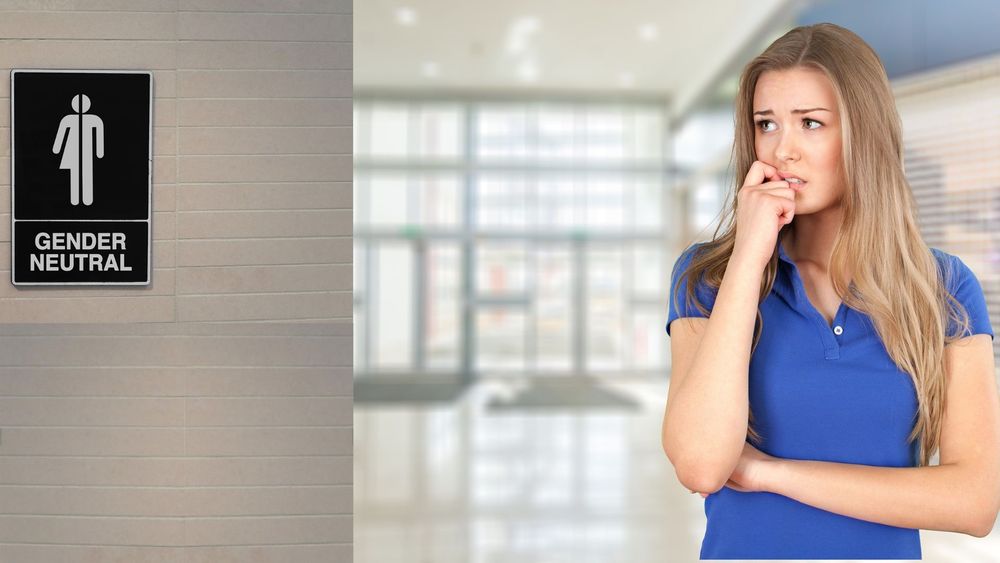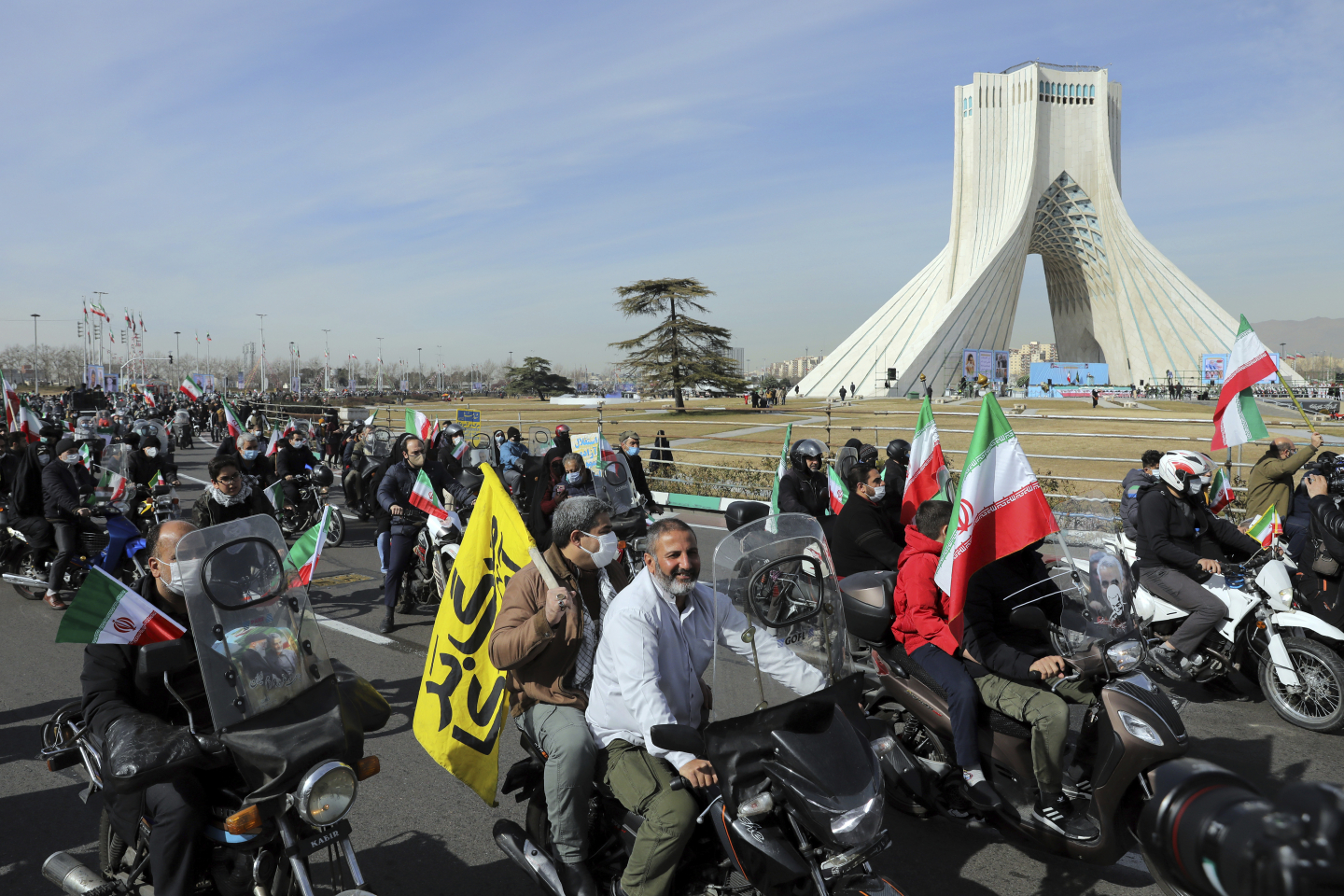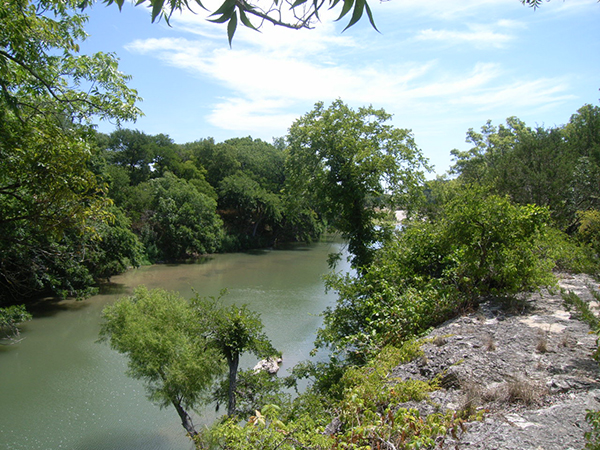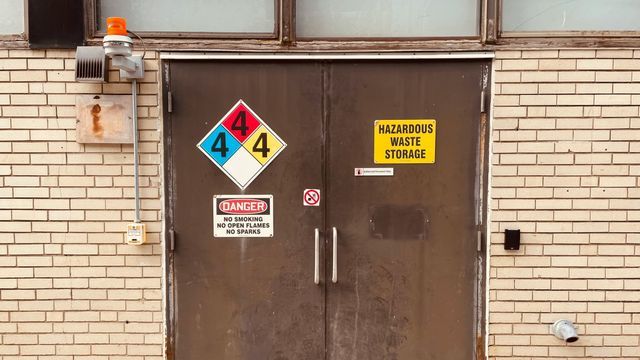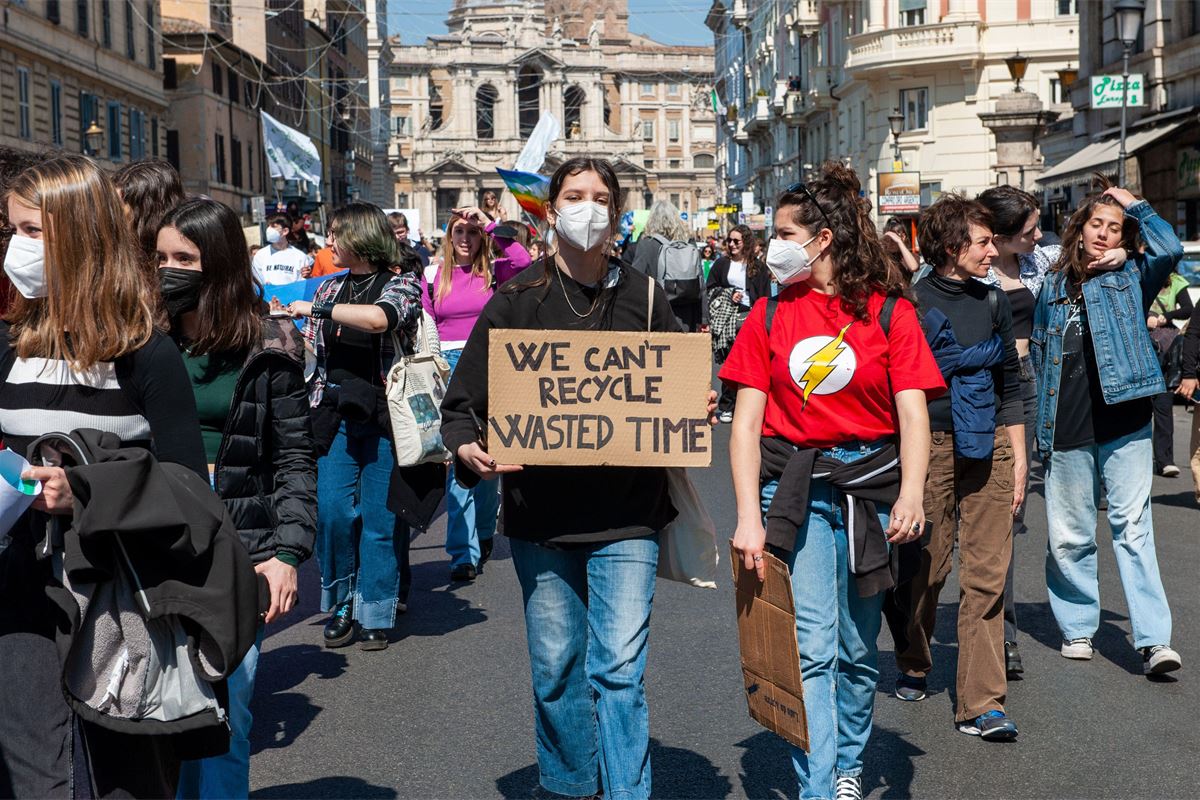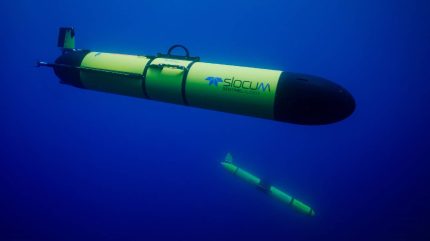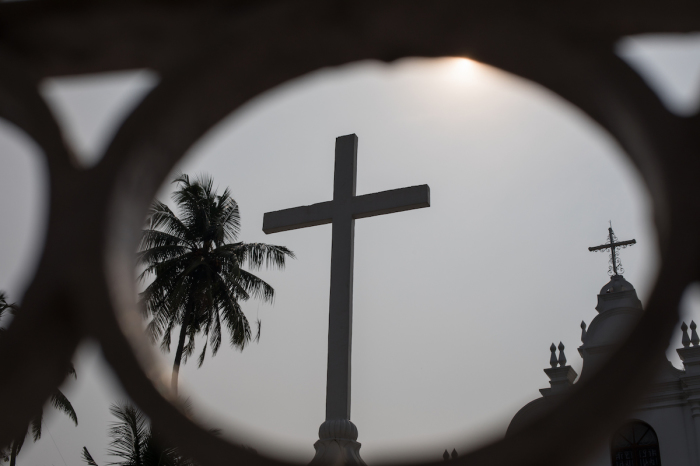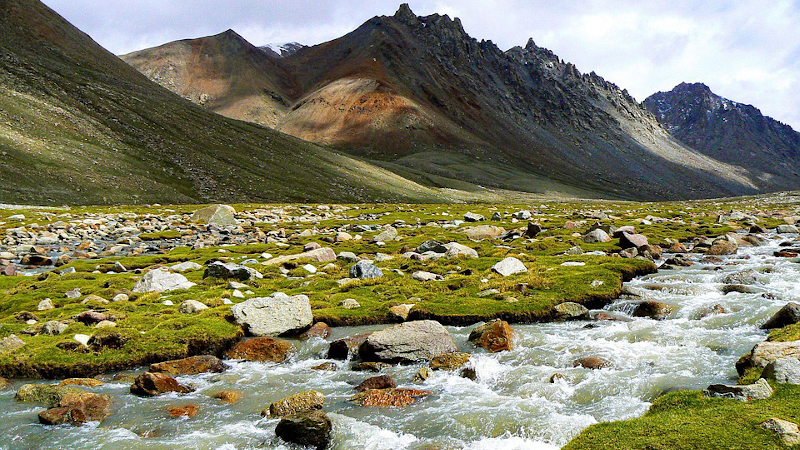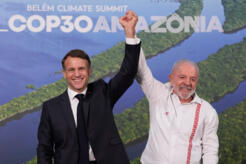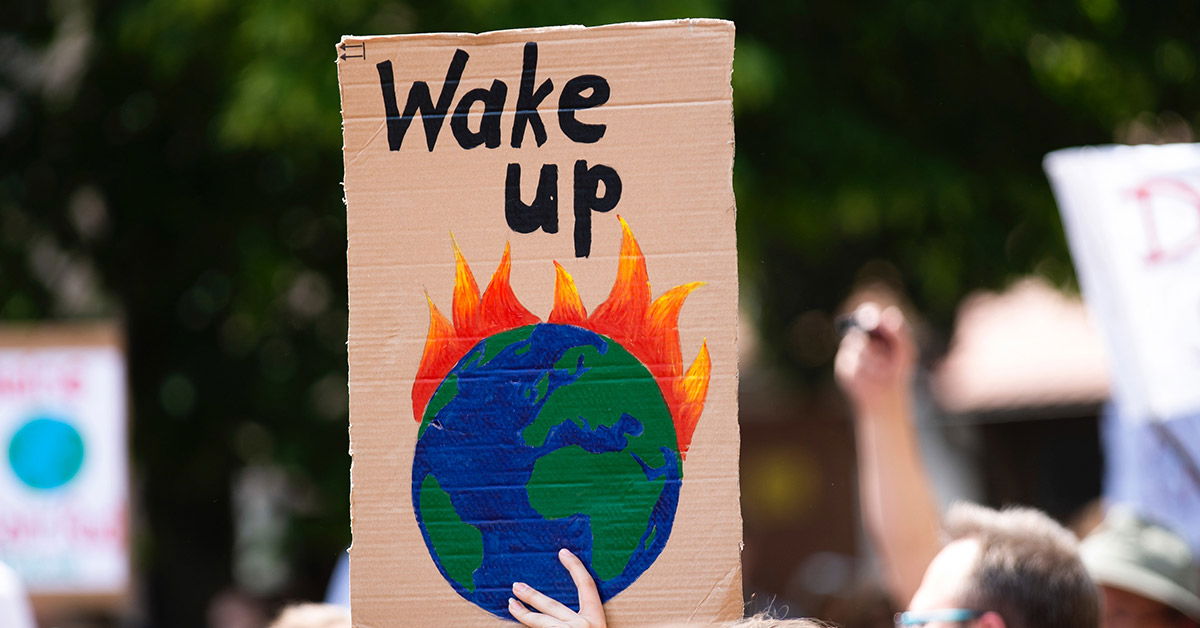‘Historic’ ruling on climate change by World Court: What to expect – Al Jazeera

International Court of Justice Advisory Opinion on Climate Change and State Obligations
Report on the Landmark Case and its Implications for the Sustainable Development Goals
The International Court of Justice (ICJ) is set to deliver a historic advisory opinion on the legal obligations of states concerning climate change. This landmark case, initiated by the island nation of Vanuatu, represents a critical juncture for international environmental law and holds significant implications for the achievement of the United Nations Sustainable Development Goals (SDGs).
Aligning Climate Accountability with the Sustainable Development Goals
SDG 13 (Climate Action) as the Core Mandate
- The ICJ’s opinion is expected to provide a definitive international standard clarifying nations’ obligations to prevent climate change, directly reinforcing the primary objective of SDG 13 (Climate Action).
- The ruling will address the legal imperative for states to take urgent and enhanced action to combat climate change and its impacts, moving beyond political commitments to legal accountability.
SDG 16 (Peace, Justice and Strong Institutions)
- This case leverages the ICJ, a principal judicial organ of the United Nations, to establish legal accountability for climate harm, thereby strengthening global governance and the rule of law at an international level.
- By seeking to clarify legal consequences for states that have caused significant harm, the proceedings champion the principles of justice and institutional accountability central to SDG 16.
SDG 17 (Partnerships for the Goals)
- The initiative, led by Vanuatu and supported by a coalition of nations and civil society organizations such as the Pacific Island Students Fighting Climate Change, exemplifies the global partnerships required to achieve the SDGs.
- This collaborative effort underscores the importance of multi-stakeholder engagement in addressing complex global challenges, a core tenet of SDG 17.
Key Legal Questions and Their SDG Relevance
Defining State Responsibilities and Legal Consequences
The court was asked to address two fundamental questions with direct relevance to the 2030 Agenda:
- State Obligations: What are the responsibilities of countries under international law to tackle climate change? This question seeks to solidify the legal foundation for actions under SDG 13.
- Legal Consequences: Should there be legal consequences for countries that contribute most to the climate crisis, particularly for the harm caused? This addresses issues of equity and justice, impacting SDG 10 (Reduced Inequalities) and SDG 16.
Arguments for a Holistic Legal Interpretation
- Vanuatu has urged the ICJ to consider the “entire corpus of international law,” integrating various legal domains to provide a comprehensive answer.
- This approach includes human rights law, recognizing that climate change disproportionately affects the fundamental rights of vulnerable populations, a key concern across multiple SDGs.
- It also incorporates the laws of the sea, which is crucial for protecting marine ecosystems and the livelihoods of coastal communities, directly impacting SDG 14 (Life Below Water).
State Positions and Implications for Global Equity
The Stance of Major Emitters vs. Vulnerable Nations
- High-emitting nations, including the United States, have pointed to existing frameworks like the 2015 Paris Agreement, which does not explicitly mandate direct compensation for past damages.
- Conversely, vulnerable nations argue for a legal obligation to address climate change and provide reparations for historical harm. Vanuatu’s Minister for Climate Change, Ralph Regenvanu, noted that the actions of some states continue to “suppress the future of the people of another country.”
- This divergence highlights the deep inequities in the climate crisis, where the least responsible nations suffer the most severe impacts, threatening progress on SDG 1 (No Poverty) and SDG 11 (Sustainable Cities and Communities), especially for low-lying island states facing existential threats.
1. Which SDGs are addressed or connected to the issues highlighted in the article?
The article discusses a landmark case at the International Court of Justice (ICJ) concerning climate change accountability, which connects to several Sustainable Development Goals (SDGs). The primary focus is on climate action, but the implications touch upon life below water, justice, and international partnerships.
-
SDG 13: Climate Action
This is the most central SDG to the article. The entire ICJ case is about clarifying “nations’ obligations to prevent climate change and the consequences for polluters that have failed to do so.” The case, brought by the island nation of Vanuatu, directly addresses the urgent need to combat climate change and its impacts.
-
SDG 14: Life Below Water
The article mentions that climate advocates argue the ICJ should consider the “laws of the sea.” Furthermore, the existential threat to island nations like Vanuatu, Kiribati, and Tuvalu, who are “witnessing the effects of climate change every high tide,” is directly linked to sea-level rise and the health of marine and coastal ecosystems, which are central to SDG 14.
-
SDG 16: Peace, Justice and Strong Institutions
The article is fundamentally about seeking justice through a major international legal institution. Vanuatu is using the ICJ, “the only international jurisdiction with a general competence over all areas of international law,” to establish legal accountability for climate change. This action embodies the goal of promoting the rule of law at the international level and ensuring access to justice for all, particularly for vulnerable nations harmed by the actions of others.
-
SDG 17: Partnerships for the Goals
The case represents a global partnership to achieve sustainable development. It was initiated by Vanuatu and other countries, supported by a youth-led civil society group (“Pacific Island Students Fighting Climate Change”), and involves legal arguments from numerous nations. The discussion around a “fund to help vulnerable countries” and the reference to the UN Framework Convention on Climate Change (UNFCCC) and the Paris Agreement highlight the theme of international cooperation and shared responsibility.
2. What specific targets under those SDGs can be identified based on the article’s content?
Based on the issues discussed, several specific SDG targets can be identified:
-
SDG 13: Climate Action
- Target 13.1: Strengthen resilience and adaptive capacity to climate-related hazards and natural disasters in all countries. The article highlights the vulnerability of Pacific Island nations like Vanuatu, which face “existential problem[s]” and the effects of “every high tide,” underscoring the urgent need for resilience.
- Target 13.2: Integrate climate change measures into national policies, strategies and planning. The ICJ’s advisory opinion is expected to “clarify nations’ obligations to prevent climate change,” which would compel countries, especially top polluters, to integrate these legal obligations into their national policies.
- Target 13.b: Promote mechanisms for raising capacity for effective climate change-related planning and management in least developed countries and small island developing States. The case itself, initiated by Vanuatu (a small island developing state) and driven by youth activists, is a powerful example of raising capacity and agency for climate action in vulnerable communities.
-
SDG 14: Life Below Water
- Target 14.2: By 2020, sustainably manage and protect marine and coastal ecosystems to avoid significant adverse impacts. The article’s reference to the “laws of the sea” and the impact of high tides on island nations directly relates to protecting coastal ecosystems from the adverse impacts of climate change, such as sea-level rise.
-
SDG 16: Peace, Justice and Strong Institutions
- Target 16.3: Promote the rule of law at the national and international levels and ensure equal access to justice for all. The entire legal proceeding at the ICJ is a direct application of this target, as Vanuatu seeks to use international law to hold nations accountable and secure justice for climate-related harm.
- Target 16.8: Broaden and strengthen the participation of developing countries in the institutions of global governance. Vanuatu, a small island developing state, leading the “ICJ’s biggest-ever case” is a clear example of a developing country strengthening its participation in a key institution of global governance.
-
SDG 17: Partnerships for the Goals
- Target 17.14: Enhance policy coherence for sustainable development. The article states the ICJ will “pull together different strands of environmental law into one definitive international standard.” This effort to create a coherent legal framework from various sources, including human rights law and the laws of the sea, is a direct attempt to enhance policy coherence.
3. Are there any indicators mentioned or implied in the article that can be used to measure progress towards the identified targets?
The article does not mention official SDG indicators, but it implies several qualitative and quantitative measures of progress:
-
For SDG 13 (Climate Action):
- The issuance of the ICJ’s advisory opinion: The delivery of the opinion itself, expected to “run to several hundred pages,” serves as a key indicator of progress in clarifying legal obligations.
- Content of the legal standard: Whether the ICJ’s opinion establishes that addressing climate change is a “legal obligation of states” would be a critical indicator.
- Establishment of liability and reparations: A ruling that establishes “legal consequences for countries that contribute the most to the climate crisis” and a basis for “reparations” would be a measurable outcome.
-
For SDG 16 (Peace, Justice and Strong Institutions):
- The use of the ICJ for climate issues: The fact that the ICJ is hearing its “first-ever opinion on climate change” is an indicator of the institution’s evolving role in addressing modern global challenges.
- Participation in the legal process: The article notes the court heard from many countries during “two weeks of oral arguments” and reviewed “tens of thousands of pages of written submissions,” indicating broad engagement with this international justice mechanism.
-
For SDG 17 (Partnerships for the Goals):
- Creation of a coherent legal framework: The success of the ICJ in pulling “together different strands of environmental law into one definitive international standard” would be a primary indicator of enhanced policy coherence.
- Financial commitments: The agreement by wealthy nations to “create a fund to help vulnerable countries,” mentioned in the context of UN talks, serves as a concrete indicator of partnership and financial support.
4. Table of SDGs, Targets, and Indicators
| SDGs | Targets | Indicators (as implied in the article) |
|---|---|---|
| SDG 13: Climate Action |
|
|
| SDG 14: Life Below Water |
|
|
| SDG 16: Peace, Justice and Strong Institutions |
|
|
| SDG 17: Partnerships for the Goals |
|
|
Source: aljazeera.com

What is Your Reaction?
 Like
0
Like
0
 Dislike
0
Dislike
0
 Love
0
Love
0
 Funny
0
Funny
0
 Angry
0
Angry
0
 Sad
0
Sad
0
 Wow
0
Wow
0

